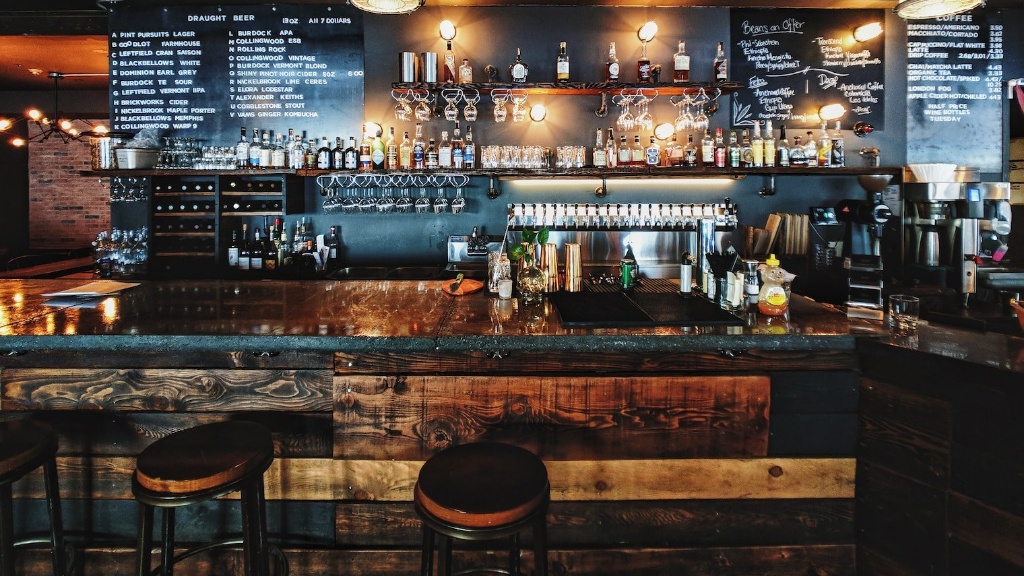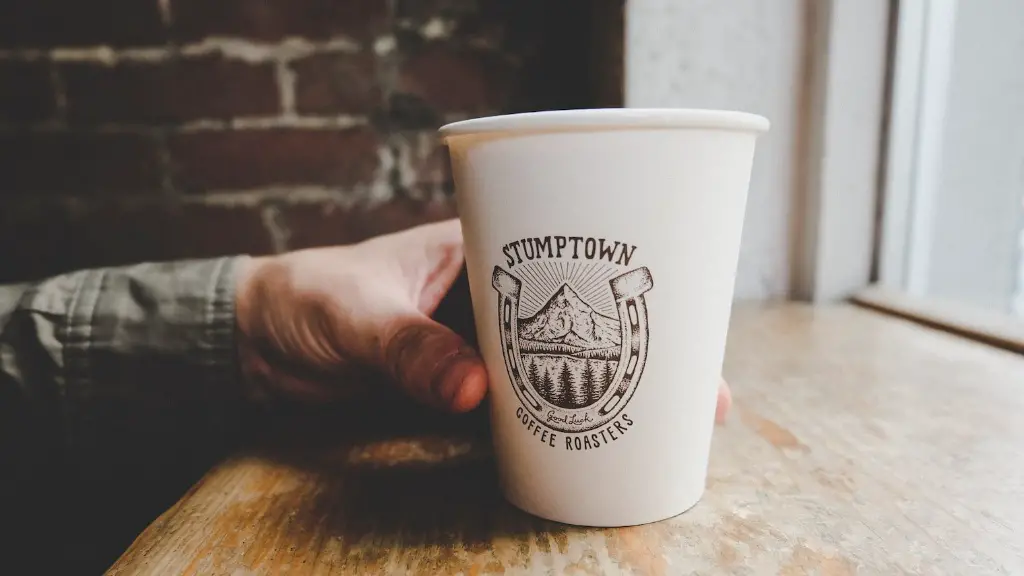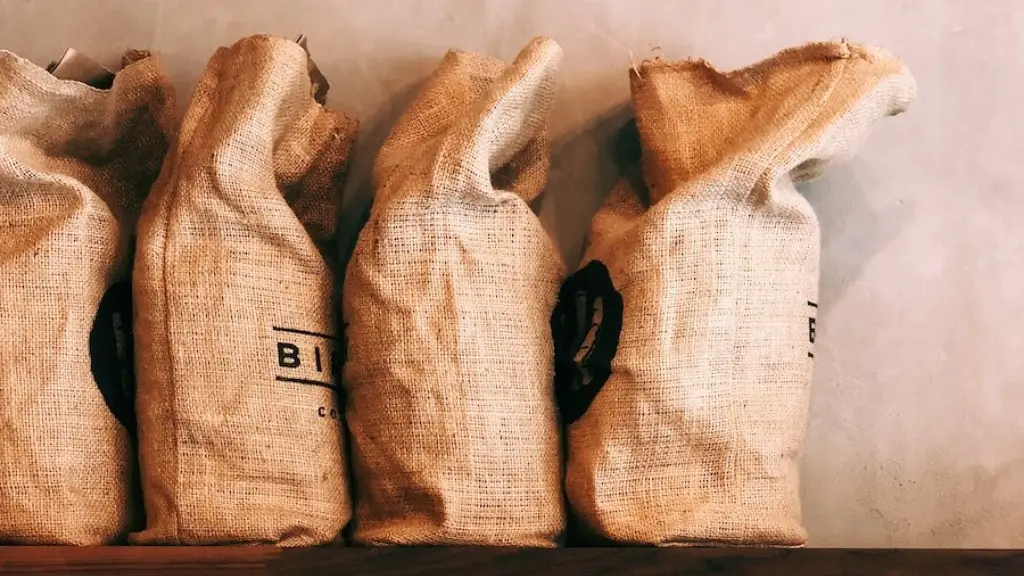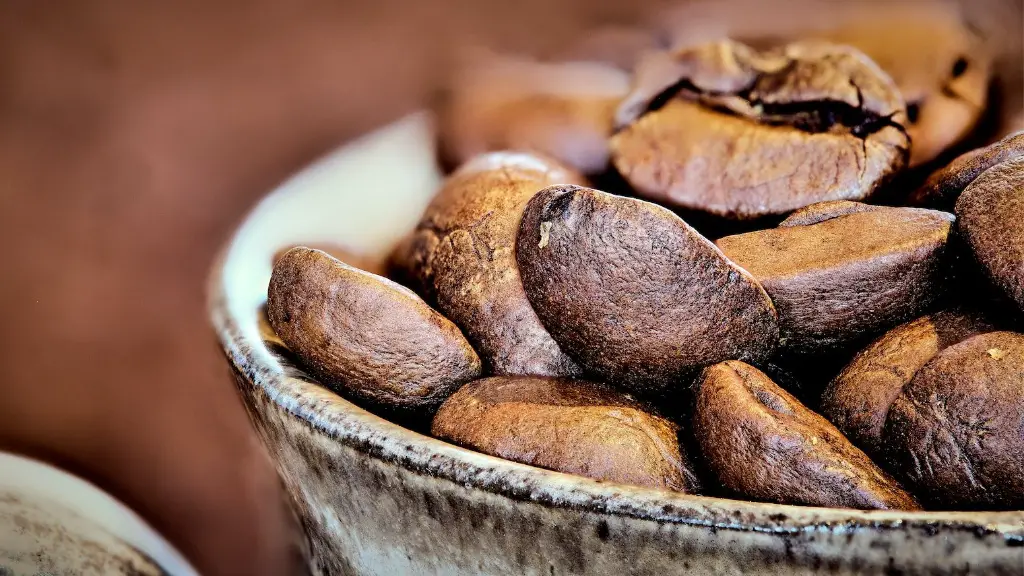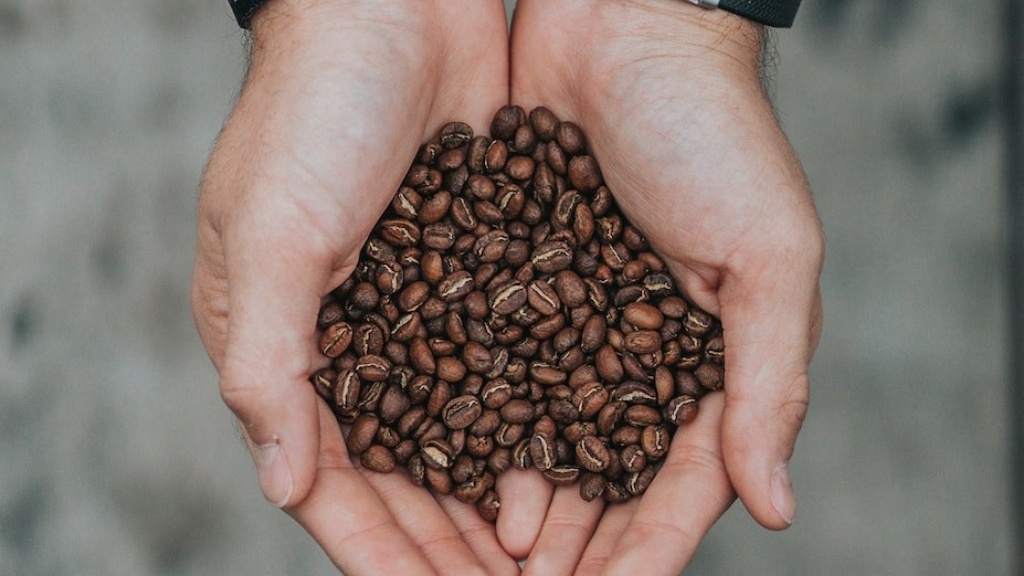Drinking coffee before a blood test is often a contentious subject. Fasting for bloodwork is an important step for ensuring accurate results in a wide range of tests and procedures, from blood sugar checks, cholesterol levels and liver function tests, to blood typed and drug screenings. Depending on the type of test needed, and your doctor’s instructions, you may be asked to fast for several hours to up to several days in some cases. Patients naturally have questions about whether or not fasting includes coffee.
In general, the answer to this question is both yes and no: it depends on the type of test you’re having and the instructions given by your doctor. If you’re having a test that requires complete fasting, meaning no food or liquids other than water, then drinking coffee should be avoided. However, some tests do not require complete fasting, and coffee may be permissible. Even if you don’t need to fast, some doctors recommend refraining from caffeine due to its stimulating properties.
For diabetes tests to monitor blood glucose levels, which often involve fasting for 8-12 hours, it’s generally considered OK to drink moderate amounts of coffee or other caffeinated beverages. However, some experts suggest that it is best to avoid caffeine, as it can lead to spikes in blood sugar. While this is true, studies have shown that caffeinated beverages, such as coffee, don’t have a significant effect on glucose levels for most people. In addition, plenty of fluids should be consumed when fasting, and coffee is a good source of hydration.
An important note to keep in mind when drinking coffee before a blood test is that your doctor may ask you to bring a sample of your urine with you. This is to test for substances such as glucose or ketones that can be affected by caffeine. If you’ve been drinking coffee, it’s best to disclose this information in order to ensure the most accurate results.
Ultimately, it is important to check with your doctor before having any kind of test to find out their exact fasting instructions. If you have any questions, it’s always better to ask rather than assume. To ensure the best results for your blood test, it’s best to follow the instructions given to you by your doctor.
Effects of Caffeine on Blood Results
Caffeine can have an effect on blood sugar levels, depending on the type of test that is being carried out. Studies have shown that caffeine can trigger the release of insulin and glucose, which can skew the results of a glucose test, depending on when the coffee was consumed. However, according to a study conducted by Shaheen et al., the effects of caffeine on glucose levels appears to vary depending on an individual’s diet, lifestyle, and genetics. Additionally, caffeine can increase the level of cortisol and adrenaline in the body, which can also affect the results of a blood test.
Caffeine can also interfere with other types of tests, such as iron levels and lipid tests. A study conducted by Serra et al. found that the level of hemoglobin, which helps determine iron levels, was lowered when caffeine was consumed. Caffeine can also raise levels of cholesterol and triglycerides, which can interfere with the results of a lipid test.
It’s important to keep in mind that just because caffeine may have an effect on the results of a blood test doesn’t mean that it should be avoided. As long as you follow your doctor’s instructions and take into consideration the potential effects of caffeine on your blood test results, it is likely OK to drink coffee before a blood test.
Caffeine Consumption
Caffeine consumption can vary greatly between individuals. Some people may be able to comfortably consume large amounts of coffee without any noticeable effects, while others are more sensitive and may need to reduce their consumption. It’s important to be aware of how much caffeine you’re consuming, as too much can have an effect both on your blood test results and your overall health.
The World Health Organization recommends an “upper limit of 400 milligrams of caffeine daily for adults, which is about four cups of brewed coffee.” It’s important to take this recommendation into account when deciding how much coffee to drink before a blood test. In addition, it may be wise to avoid drinking coffee too close to your test, as it takes some time for the caffeine to be cleared from your system.
If you choose to consume caffeine before a blood test, it’s important to inform your doctor beforehand. That way, they can take into account any potential effects that caffeine may have on the results and your overall health. Additionally, you may want to consider avoiding caffeine altogether if your doctor suggests it.
Effects on Health
Although drinking coffee before a blood test may be permissible, it’s important to consider the effects of caffeine on your health. Too much caffeine can have an effect on your sleep, energy levels, appetite, and concentration. A study conducted by Landolt et al. in 2016 suggests that regular caffeine consumption can lead to dependence, sleep disturbances and anxiety. Therefore, it’s important to be aware of the effects of caffeine on your overall health when deciding whether or not to drink coffee before a blood test.
If you choose to consume caffeine before a blood test, it’s important to stick to moderate amounts. The World Health Organization recommends less than 400 milligrams of caffeine a day, which is equal to about four cups of brewed coffee. Additionally, the caffeine should be consumed well before the test, so it has time to be cleared from your system. This will help ensure the most accurate results.
Test Fast Benefits
In addition to the effects of caffeine on blood test results, it’s important to consider the benefits of fasting. Fasting before a blood test can help ensure that the results are as accurate as possible. Fasting helps provide a baseline for your blood sugar levels and can help prevent you from consuming substances that may interfere with the results. Additionally, fasting can help you feel energized and less distracted, as it can take time for the body to adjust to not having food.
It’s important to remember that fasting doesn’t always mean no food or drink. Depending on the type of test you’re having, your doctor may recommend small meals in the morning or the evening before your test. Additionally, depending on the type of test, drinking coffee may be permissible. It’s best to check with your doctor or a medical professional to determine the best fasting instructions for your specific situation.
Hydration
Although fasting for a blood test can be difficult for some individuals, it’s important to focus on hydration. Fasting for bloodwork does not necessarily mean avoiding all food and beverage, and it’s important to drink plenty of fluids throughout the fasting period. Water is always the best option for hydration, but green tea, herbal teas, and other non-caffeinated beverages are also acceptable. If you need a little bit of sweetness, try adding a small amount of honey or agave to your beverages.
It’s important to remember that caffeine is a diuretic, meaning it can cause you to lose water. When you are fasting for a blood test, it’s important to be mindful of the amount of caffeine and other diuretic beverages you’re consuming. Dehydration can interfere with the results of a blood test, so it’s important to make sure you’re drinking enough fluids during the fasting period.
Conclusion
In conclusion, drinking coffee before a blood test can be permissible in some cases, but it is important to follow the instructions of your doctor. If you do decide to consume caffeine before a blood test, it’s important to be aware of the effects of caffeine on the results and your overall health. Additionally, it’s important to stay hydrated during the fasting period and make sure to drink plenty of fluids. Above all else, it is important to follow your doctor’s instructions for fasting for bloodwork in order to ensure the most accurate results.
